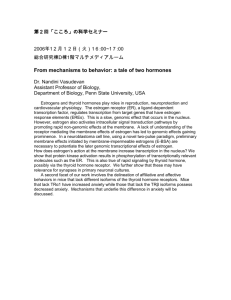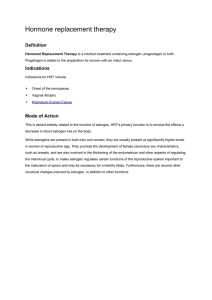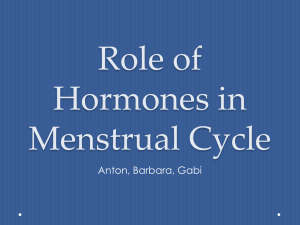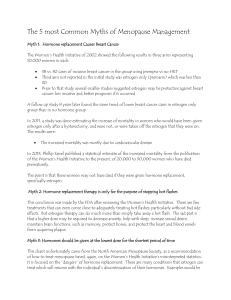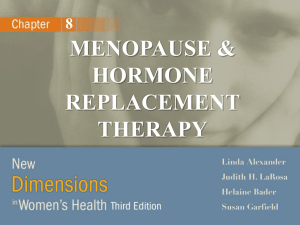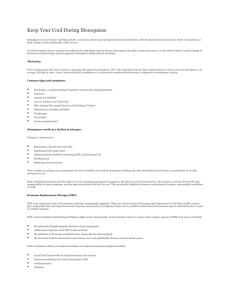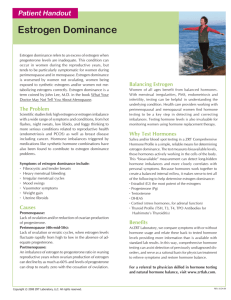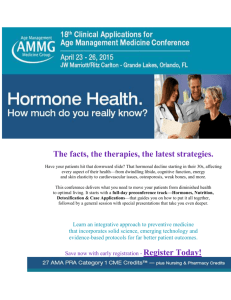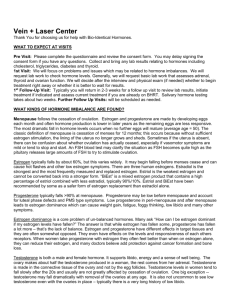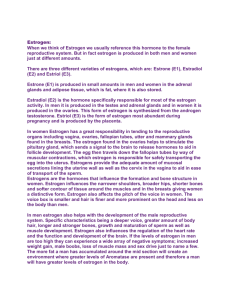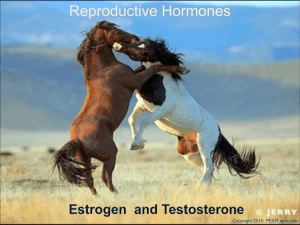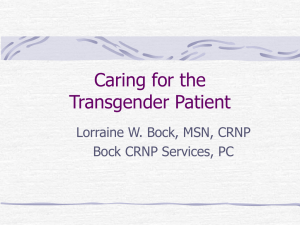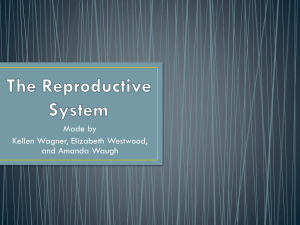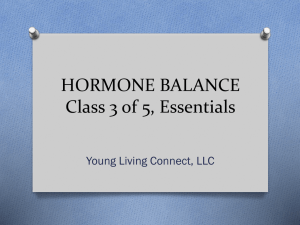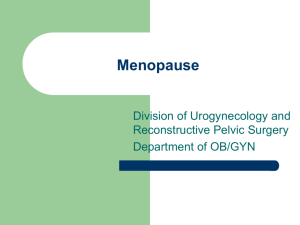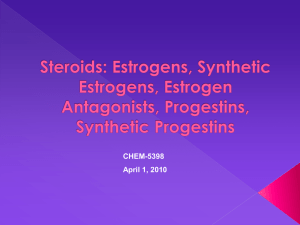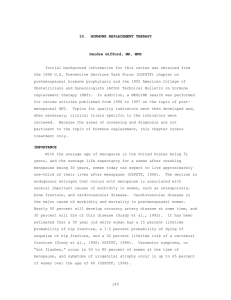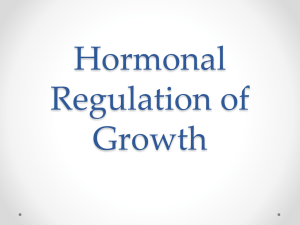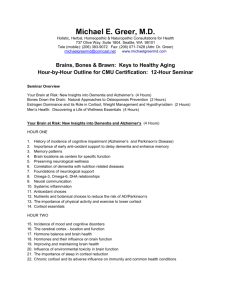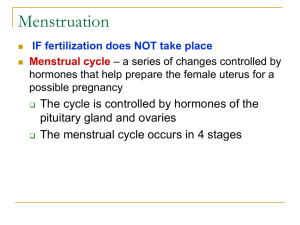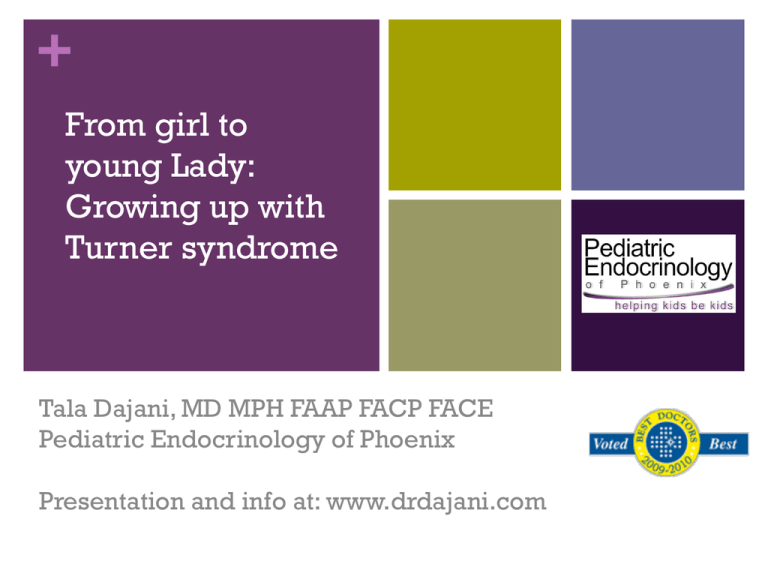
+
From girl to
young Lady:
Growing up with
Turner syndrome
Tala Dajani, MD MPH FAAP FACP FACE
Pediatric Endocrinology of Phoenix
Presentation and info at: www.drdajani.com
+
Objectives
Discuss adulthood considerations
Review care schedule for teens and adults
Discuss transition plans
+
Adulthood Considerations
Hormones: thyroid, growth, female hormones
Bone health
Heart Health
Adult responsibility
+
Hormones: Thyroid
Thyroid
Autoimmune thyroid disease: Hashimoto thyroiditis
Hypothyroidism
Fatigue
Weakness
Weight
Coarse, dry hair
Dry, rough pale skin
Hair loss
Cold intolerance
Constipation
Screening: yearly thyroid lab screen
+
Growth Hormone
Poor growth
Untreated average final adult height is 4 feet 7 inches
SHOX gene deficiency: short stature homeobox
Skeletal development
End organ resistance: skeletal dysplasia
Growth hormone therapy
GH therapy started early, estrogen treatment could be initiated
at a younger, more age-appropriate time without compromising
adult height
GH therapy should generally begin as soon as growth failure
occurs
GH benefits: skeletal bone strength, cholesterol, muscle
strength
GH treatment of girls with TS does not affect ascending or
descending aortic diameter above the increase related to the
larger body size. (J Clin Endocrinol Metab 91: 1785–1788, 2006)
+
+
+
Female Hormone Replacement
Ovarian failure
Hormonal replacement therapy
should begin at a normal pubertal
age and be continued until the
age of 50 yr
Female sex hormones
Muscle and bone strength
Sex drive
Energy
Sense of well being.
Estrogen may play a role in
memory and mood
Protective effect against heart
disease
+
Estrogen Replacement
Hormone replacement therapy (HRT) for:
Healthy bones: osteoporosis prevention
Development of secondary sexual characteristics.
Initiated between ages 12-15 years
Introduced to the body to mimic body’s natural pubertal
progression and course
Best dose and optimal HRT is individualized by care provider
+
Estrogen and Growth Timing
Estrogen start decision means start of pubertal development
Puberty marks the end of childhood growth
Estrogen therapy over time leads to growth plate fusion and
completion of bone growth
Full growth potential is balanced with timing of starting puberty
Estrogen continues after growth hormone discontinued
+
HRT Choices
Start low/ slow and graduate dose to mimic natural puberty
Forms of HRT
Oral estrogen: natural conjugated Equine estrogens
Estrogen Patches: Skin patches are like plasters which allow
estrogen to be slowly absorbed through the skin.
Contraceptive pill: contain ethinyloestradiol
+
Bioidentical hormone therapy
Bioidentical estrogen: Estrace, Estraderm, Estrasorb, Climara,
Vivelle or Femring
Bio-identical progesterone: Prometrium
No company has yet put bio-identical estradiol and
progesterone into one combined product
Compounded preparations: estriol, estrone, estradiol,
testosterone, progesterone and dehydroepiandrosterone
(DHEA)
Menopausal symptoms
+
Hormone levels tested
+
HRT Risks
Low estrogen levels in women
Osteoporosis
Heart disease.
HRT helps maintain bone health and reduce the risk of heart
disease.
Replace hormones that the women’s bodies should be
making—hormones that they need for their overall health.
HRT taken by women with certain health conditions is
different than that taken my post-menopausal women.
The risks associated with post-menopausal HRT do not apply
to pre-menopausal women taking HRT.
+
Bone Health
Untreated
Childhood: significant deficit in cortical
Adolescence: significant osteopenia
Treated
Long-term GH therapy: absence of osteopenia.
Long-term estrogen therapy: improved bone density but less than is
also treated with GH
The data indicate that long-term GH treatment during the
prepubertal and early to midpubertal years optimizes BMD and
improves the prognosis for adequate peak bone mass being achieved
after a puberty induced with exogenous estrogen
1000 mg of elemental calcium daily in the preteen years
1200–1500 mg of elemental calcium daily after 11 yr of age
+
Heart Health
Congenital heart defects: ~ 20 %
Cholesterol abnormalities:
Improved with GH and estrogen
Hypertension should be aggressively
Cardiac imaging, preferably magnetic resonance imaging
Performed at diagnosis
Repeated at 5- to 10-yr intervals to assess for congenital heart
abnormalities and the emergence of aortic dilatation, a precursor
to aortic dissection
+
Prevention Guidelines
Once
Yearly evaluation
Karyotype
Renal ultrasound
Pelvic ultrasound
Comprehensive educational evaluation in early childhood to identify potential
attention-deficit or nonverbal learning disorders.
Height, weight, blood pressure, auscultation of the heart
Blood work: Creatinine, blood urea nitrogen, ASAT, -GT, TSH, FT4, total
cholesterol, low-density cholesterol, high-density cholesterol, triglycerides,
glucose, HbA1c, urine dipstick analysis
Every 3-5 years
Celiac serology
Audiogram
Cardiac ultrasound, including electrocardiogram
MRI aorta (thoracic and abdominal)
Bone mineral density measurement (DEXA Scan)
+
Adult Self-care
Steps towards independent healthcare behaviors
Knowledge of health history and health needs
Personal health records
Making appointments
Managing prescriptions
Adult care plan
+
Develop Support Systems
Woman's friends are important to both her mental well-being
and her physical health.
Support groups
+
Health Records/ Care Plan
Surgeries
Cardiac status
Kidney status
Medications and dosages
Allergies
Hearing status
Prevention checklist
+
Conclusion
•
•
•
•
•
Early diagnosis and intervention
Get girls involved early in their care
and decisions
Maintain good records
Normalize hormone levels
Presentation and info at: drdajani.com

